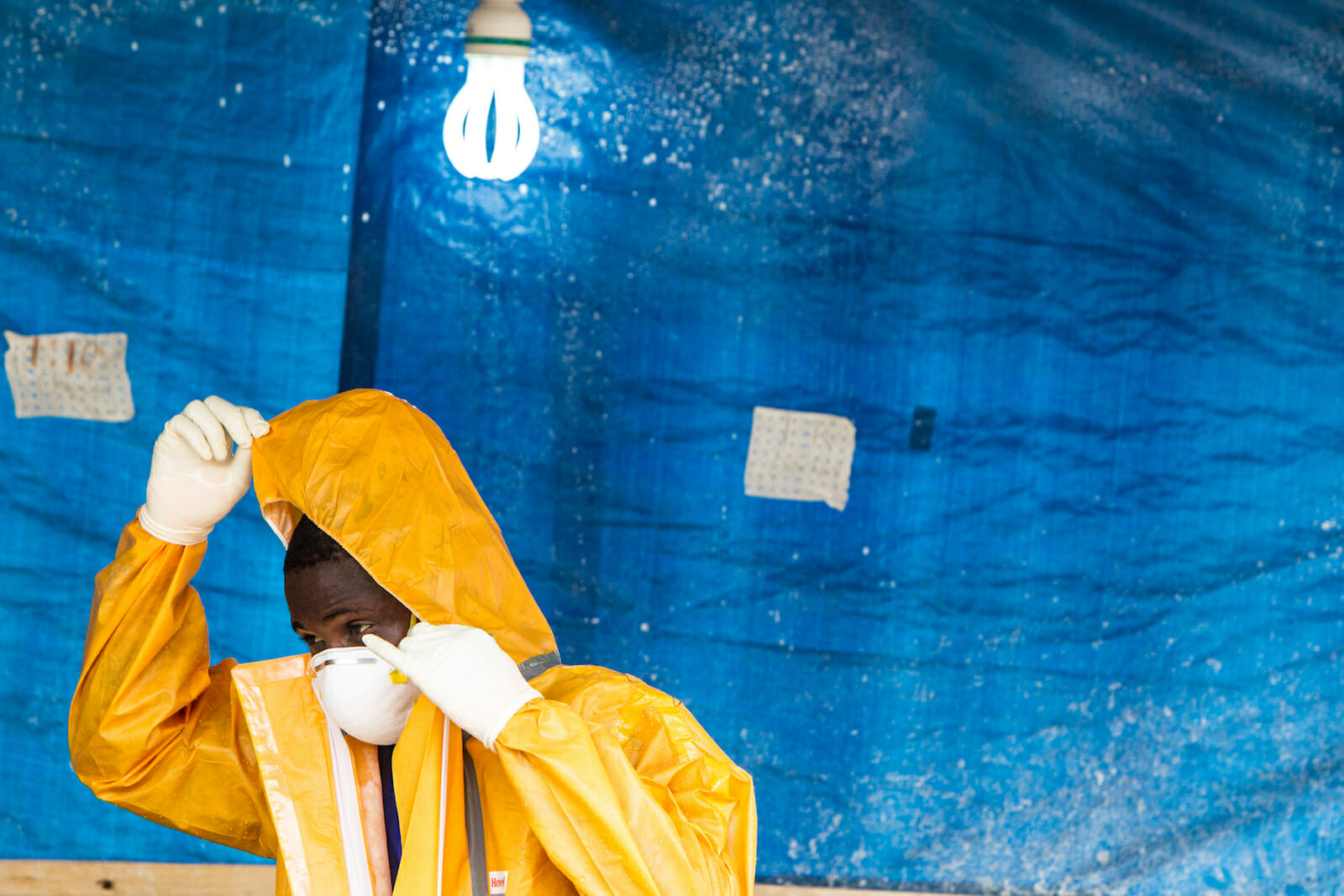
Health
Epidemic Futures?
Last week Liberia joined Guinea and Sierra Leone in recording no new Ebola cases for 42 days. The World Health Organization officially declared the two-year epidemic in West Africa to be over.
This was certainly a ‘good news’ global health story after the loss of more than 11,300 lives to the virulent pathogen and the enormous economic and social disruption it caused on the three countries. Additional good news is that while there is still no effective vaccine or cure for Ebola, the recognition (albeit belated) by international political and health leaders that the west African outbreak was a genuine ‘global’ health emergency has resulted in a concerted effort by pharma/biomedical researchers and the emergence of several promising vaccine candidates.
However, the international community needs to be careful not to slide into complacency that the ‘Ebola story’ is over. A prompt reminder of this was an announcement from Sierra Leone just hours after the WHO declaration that swab tests on a deceased young woman there had tested positive to the virus. Indeed the WHO had warned in its declaration of the likelihood of small flare-ups over the coming months due to the virus persisting in some survivors for some time after recovery.
Worrisome as such potential flare-ups may be, the greater concern is of another major epidemic breaking out. That is not currently seen as likely, but it is a forecaster possibility down the track. Ebola will definitely rear its head again somewhere in west, central or east Africa before too long and almost certainly with major epidemic force.
While the 2014-15 epidemic may essentially be over, the Ebola virus is still around in its wild animal reservoir host populations and human contact with infected animals such as fruit bats and primates (monkeys and apes) will inevitably occur. Continuing deforestation throughout the region and destroying the natural habitats of such animals will inevitably increase this contact.
The hopeful counterbalance to this is that an efficacious vaccine and a therapeutics armory will be developed to offer wide protection for future generations. But as many other infectious diseases have shown, microbes are slippery customers and mutations in the virus enhancing its contagious pathways and virulence and undermining pharmacological protection can be anticipated.
Everything that can be done now to improve local capacities to prevent and handle future outbreaks is therefore vital.
While it is critical to ‘keep the foot to the pedal’ attacking Ebola, it is only part of a far wider issue – that is, the global threat of infectious disease emergencies in general. If anything good can be said to have come out of the Ebola epidemic it is the ‘wake up’ call the emergency has given to the world about the catastrophic potential of infectious disease crises and the current global unpreparedness to prevent and respond to such crises.
Unfortunately, complacency has developed in many circles today about the potential risk of such crises. The impressive advances made against many infectious diseases over the past century has led to a decreased sense of the threat they are perceived to pose to humankind. A cataloguing of serious newly emergent or reemerging infectious disease outbreaks, epidemics and pandemics over and above Ebola since the turn of the century is as follows: SARS, H1N1 influenza, MERS, Chikungunya, Zika virus and cholera, to name a few –swiftly contradicts this notion.
A report, “The Neglected Dimension of Global Security: A Framework to Counter Infectious Disease Crises” by 17 global health experts released the day before the WHO’s West Africa Ebola proclamation spells out in considerable detail what the international community needs to do to protect against the potential threats from infectious disease crises. The Ebola epidemic was the catalyst for the report, but its ambit is potential threats of infectious disease in general.
The report is highly critical of the international response to the Ebola crisis (“sluggish, ill-coordinated, and clumsy”) and warns that vastly increased funding (about $4.5 billion extra per year) is essential to lift pandemic prevention, preparedness and response around the world.
Infectious diseases are rated as a threat to humankind matched only by wars and natural disasters in terms of potential catastrophic loss of life and economic disruption. The experts argue that infectious diseases are not just a health issue, but also an important dimension of global security. The annual expected loss from potential pandemics is estimated at $60 billion.
The roadmap has been laid out. Whether the global political will to implement the map materializes remains to be seen. As the immediate Ebola infectious threat is over, the danger is that the weight of other international issues – e.g. economic difficulties, terrorism, refugee flows, etc – will see political commitment and hard cash contributions fall away until the next epidemic/pandemic occurs.

